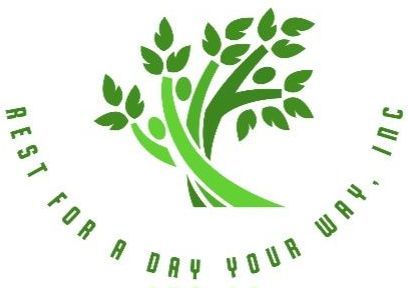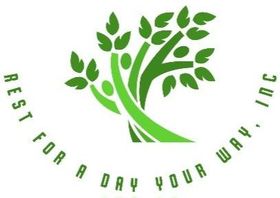What We Do
How we help
Supporting the Silent Heroes: How We Can Help Caregivers
Every day, millions of caregivers across the world dedicate their time, energy, and love to support aging parents, ill spouses, or family members with disabilities. These individuals often juggle caregiving with jobs, families, and personal responsibilities—frequently without adequate support or recognition. While caregivers are the backbone of many families, they are also some of the most overlooked. It’s time to change that.
💡 The Reality Caregivers Face
Caregiving can be emotionally fulfilling, but it also comes with heavy burdens—stress, exhaustion, financial hardship, and feelings of isolation. Many caregivers report experiencing burnout, anxiety, or depression, especially when they receive little help or acknowledgment for the critical work they do. Supporting caregivers is not just an act of kindness; it’s a necessity for a healthier, more resilient community.
🤝 Ways to Help Caregivers
1. Offer Respite and Relief
Sometimes, the best way to help is by simply giving a caregiver a break. Offering a few hours of help, arranging professional respite care, or coordinating with other family members to share the load can make a huge difference in a caregiver’s mental and physical well-being.
2. Connect Them to Resources
Many caregivers are unaware of the support services available to them. Help them explore local caregiver support groups, online communities, counseling services, or financial assistance programs. Even sharing an article or hotline number can be a lifeline.
3. Lend a Listening Ear
Caregivers often feel invisible or unheard. Sometimes, what they need most is someone who will listen without judgment. Regular check-ins, a coffee chat, or even a heartfelt text can offer emotional support that goes a long way.
🧡 Why It Matters
When we care for caregivers, we create a ripple effect. Empowered caregivers provide better care to their loved ones, maintain healthier lives for themselves, and contribute more positively to their communities. Everyone wins when caregivers are supported—not just emotionally, but practically and financially too.
Caregivers may not wear capes, but they are heroes just the same. Recognizing their sacrifices, meeting them with compassion, and offering real, tangible support is one of the most important things we can do. Let’s make sure these silent heroes know they’re seen, valued, and never alone.
OUR GOAL
Our goal being to help caregivers stay mentally and physically fit to be able to continue taking care of their loved ones by giving them a day of rest to replenish themselves so they can continue on with their daily activities. Our goal for 2025 is to help 2000 caregivers get the time away that they need. With your help and generosity, we can make this happen.
OUR STORY
Every day, countless caregivers dedicate themselves to the well-being of others—often silently, tirelessly, and without a break. Many are family members, friends, or neighbors who have stepped into a role out of love and necessity. But caregiving, while deeply rewarding, can also be physically, emotionally, and financially exhausting.
We started Rest For A Day Your Way with one goal in mind: to care for the caregivers.
Our journey began when we saw firsthand how overwhelming the responsibility of caregiving can be. We watched loved one’s struggle to balance full-time care with jobs, parenting, and their own health. What they needed most wasn’t just appreciation—it was real, practical support.
That’s why we founded Rest For A Day Your Way—to offer caregivers something they so rarely get: a break. We provide essential services like respite care, allowing caregivers to take a day off to rest, attend to personal matters, or simply breathe.
Because when caregivers are supported, everyone benefits.
Our work is powered by compassion, driven by community, and built on the belief that no one should have to do this alone. Together, we’re creating a network of support—for the people who care the most.


